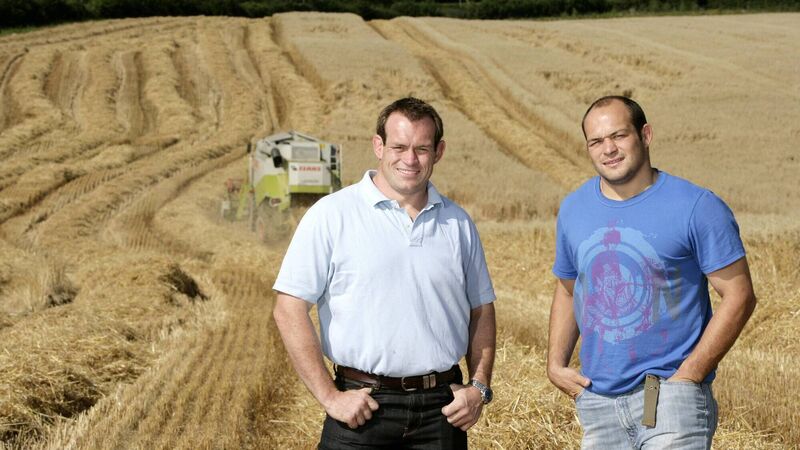How Simon Best has taken learnings from sport and applied them to farming

Simon and Rory Best on their family farm in Poyntzpass, Co Armagh
Try from €1.50 / week
SUBSCRIBEFrom a player’s first game of rugby, it is “drilled into” them that they must leave the jersey in a better condition than they found it - and the same applies to farming, Irish rugby legend Simon Best told delegates at this year’s Oxford Farming Conference.
“We did not inherit this land from our ancestors. We borrow it from our children,” Mr Best said.
Already a subscriber? Sign in
You have reached your article limit.
Annual €130 €80
Best value
Monthly €12€6 / month
Introductory offers for new customers. Annual billed once for first year. Renews at €130. Monthly initial discount (first 3 months) billed monthly, then €12 a month. Ts&Cs apply.
Newsletter
Keep up-to-date with all the latest developments in Farming with our weekly newsletter.
Newsletter
Keep up-to-date with all the latest developments in Farming with our weekly newsletter.
Newsletter
Sign up to the best reads of the week from irishexaminer.com selected just for you.
Newsletter
Keep up with stories of the day with our lunchtime news wrap and important breaking news alerts.
Saturday, February 7, 2026 - 7:00 AM
Friday, February 6, 2026 - 9:00 PM
Friday, February 6, 2026 - 9:00 PM
© Examiner Echo Group Limited